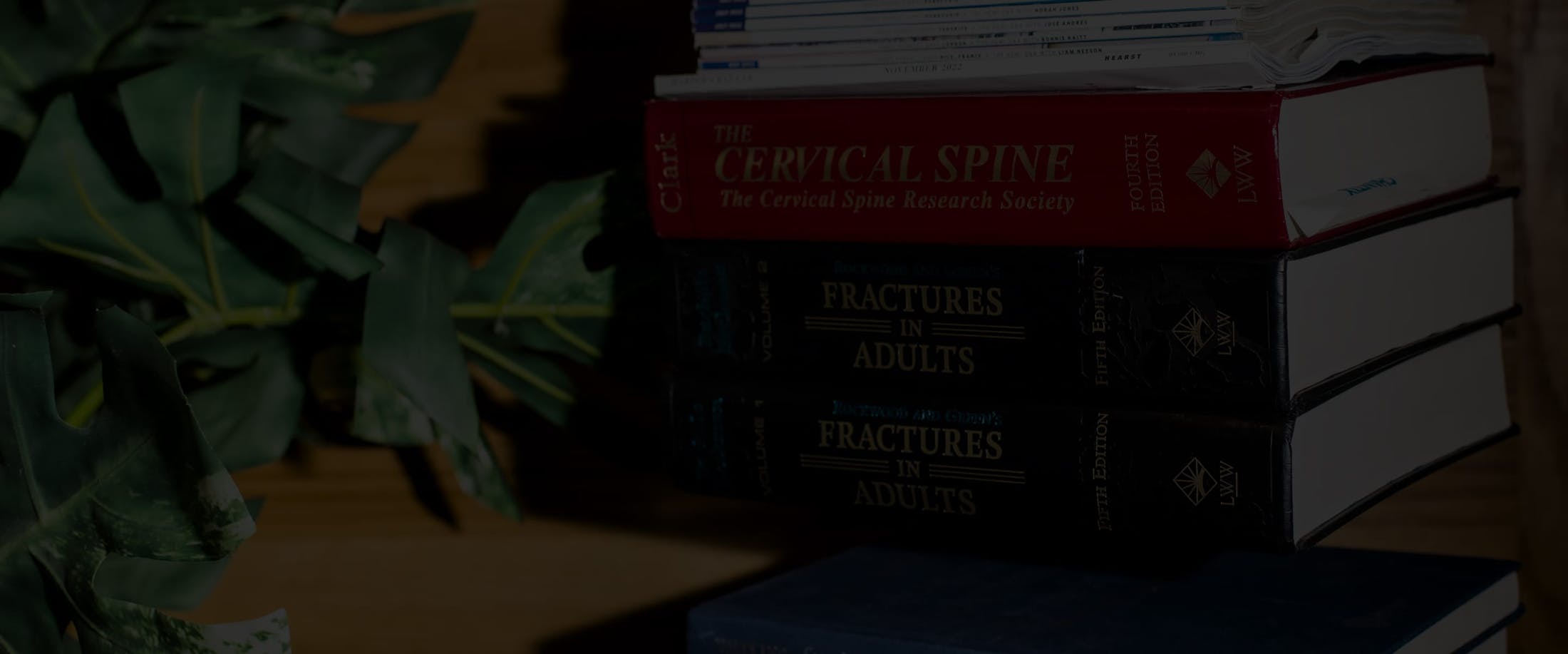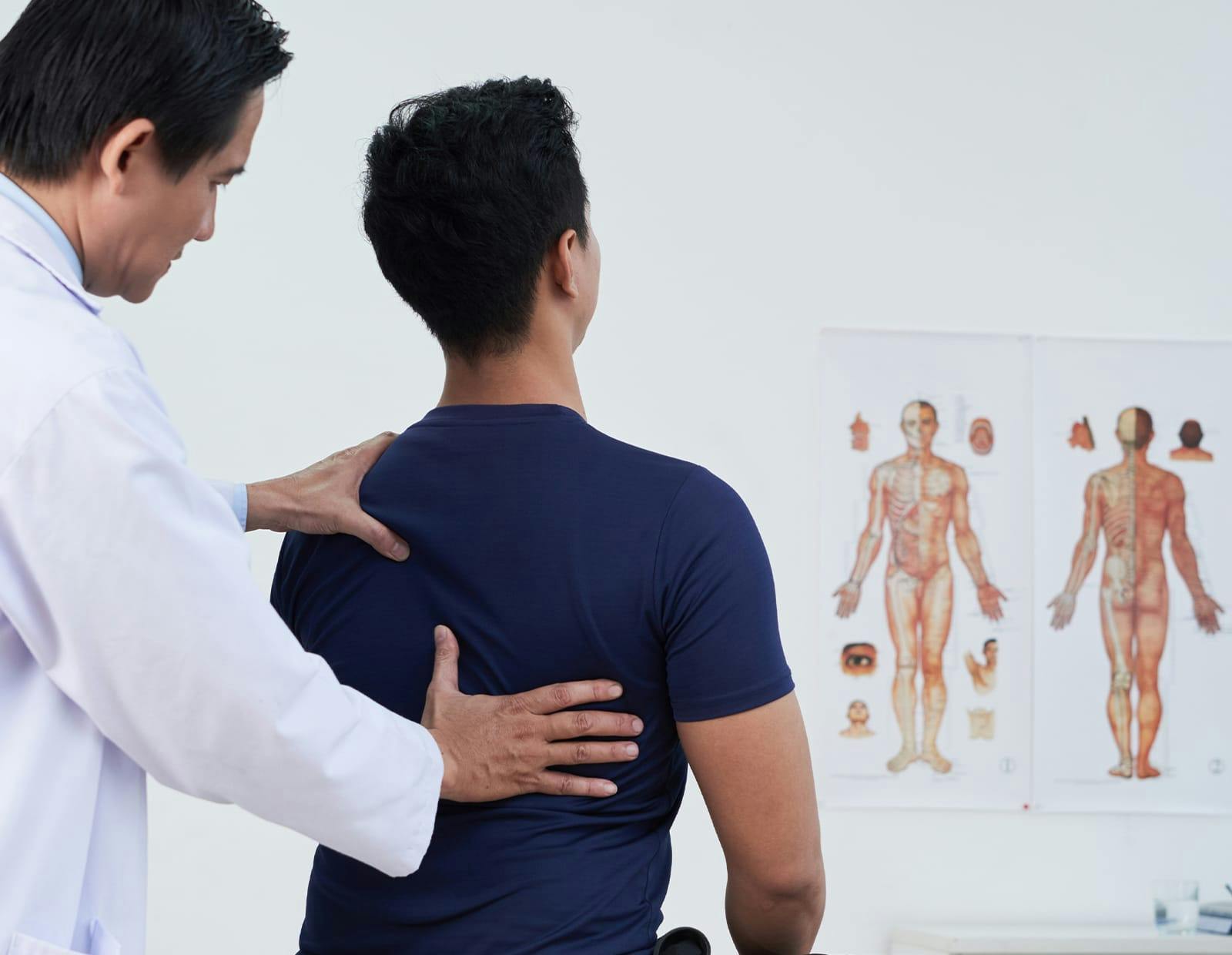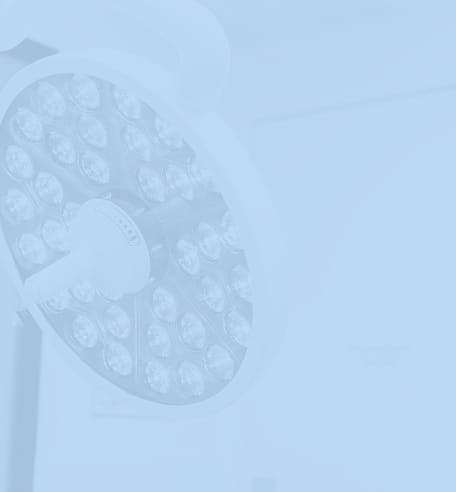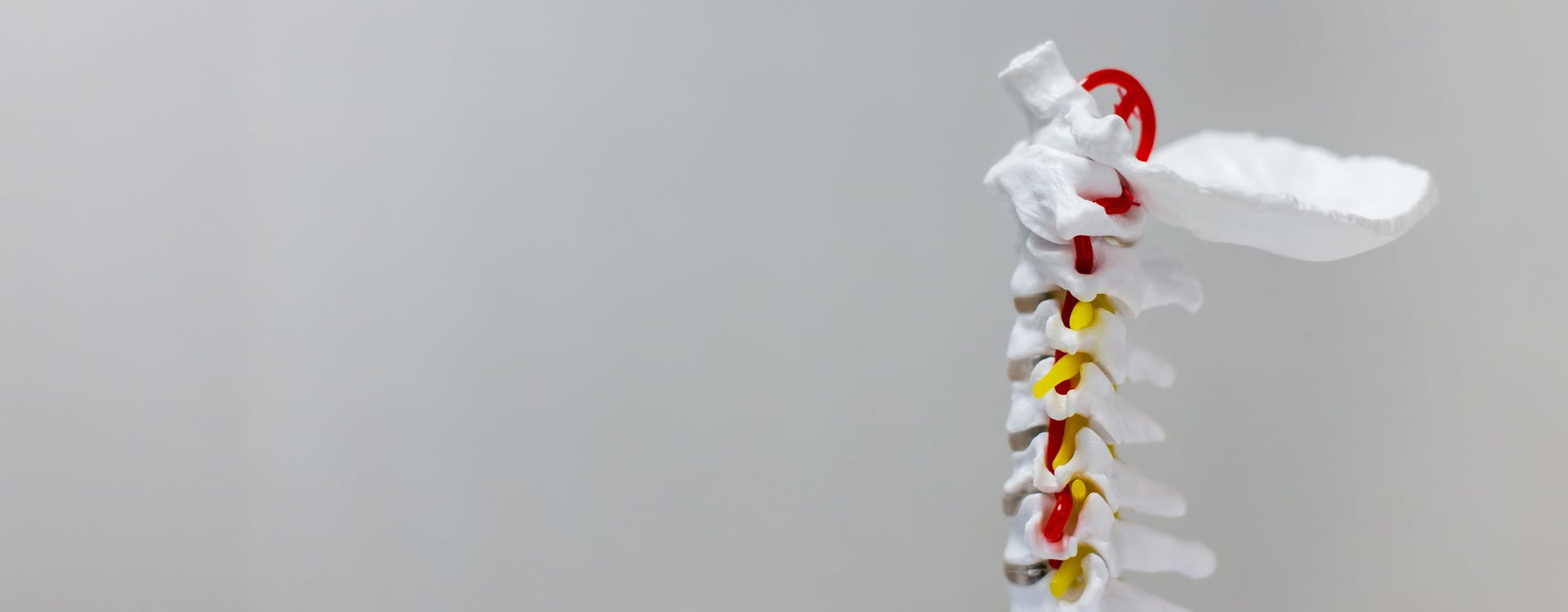Congenital spinal stenosis is a condition where the spinal canal is narrower than usual from birth, putting pressure on the spinal cord and nerves. This condition can lead to discomfort, pain, and even neurological issues if left untreated.
Symptoms of Congenital Spinal Stenosis
The symptoms of congenital spinal stenosis vary depending on the location and severity of the narrowing. If the spinal canal is significantly constricted, it may put pressure on the spinal cord or nerve roots, causing the following:
- Pain: Typically in the lower back or neck, which may radiate down into the legs or arms.
- Numbness or tingling: Irritation and compression of nerves can cause loss of sensations or numbness and the feeling of "pins and needles".
- Weakness: If nerve function is compromised, patients may experience muscle weakness in the legs, arms, or back.
- Difficulty walking: In severe cases, pressure on the spinal cord may lead to difficulty walking or balancing.
- Bladder or bowel issues: In rare cases, severe stenosis may affect control over bladder and bowel function, which requires immediate medical attention.







